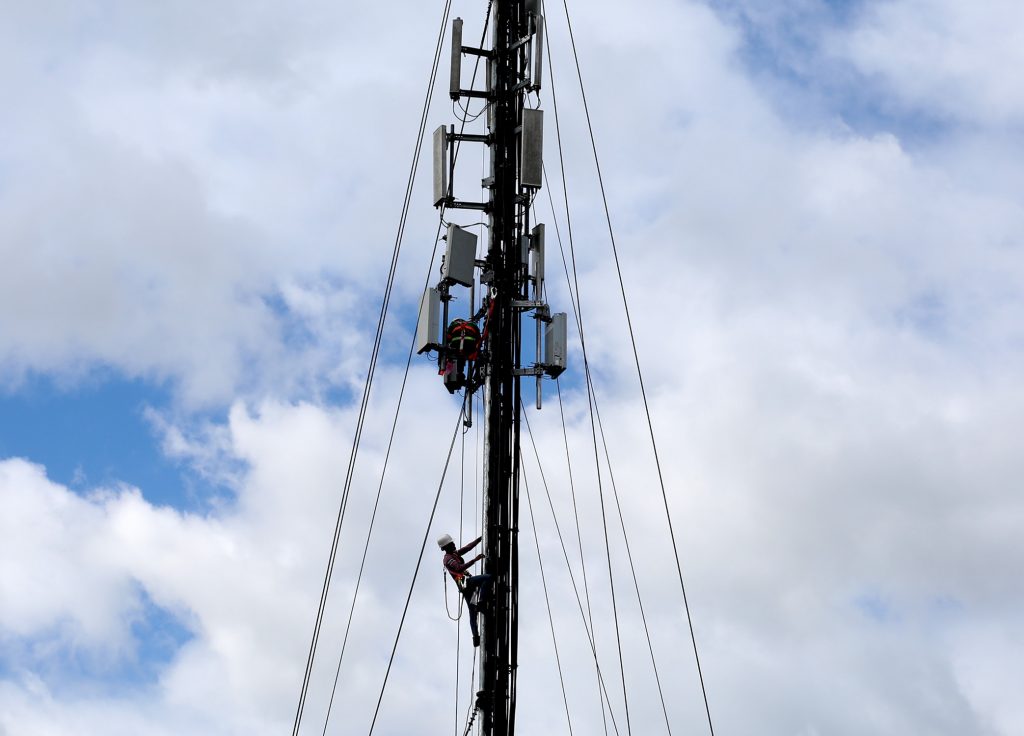
By Darryl John Esguerra | Philippine News Agency
The “Konektadong Pinoy” bill has lapsed into law, ushering in a major policy reform intended to expand internet access and boost competition among service providers nationwide.
Palace Press Officer Claire Castro issued the announcement through a text message to reporters on Sunday.
The new law, which was not signed but allowed by President Ferdinand R. Marcos Jr. to lapse into law, seeks to streamline licensing procedures, promote infrastructure sharing, and allow new players to invest in broadband and data transmission facilities without the need for a congressional franchise—a requirement critics have long described as “outdated” and unique to the Philippines.
The measure is expected to accelerate the rollout of internet services to tens of thousands of unserved villages across the archipelago, particularly in remote communities and schools where connectivity remains limited.
However, some telecommunications firms have raised concerns, arguing that opening the sector to new entrants without a legislative franchise could put them at a disadvantage.
They said their competitors would be able to use existing infrastructure without obtaining cybersecurity clearance first.
One of the country’s largest service providers even hinted at questioning the law before the courts, warning that the reform could lead to regulatory loopholes and unfair market practices.
The law comes amid persistent complaints over slow and expensive internet service in the Philippines, which has ranked among the lowest in Southeast Asia in terms of broadband affordability and reliability.
The Speedtest Global Index for July 2025 placed the Philippines 70th out of 104 countries in mobile speed and 54th out of 153 nations in fixed broadband speed.
Brunei is 12th overall and No. 1 in Southeast Asia in mobile speed; while Singapore and Thailand are Nos. 1 and 10, respectively, in fixed broadband speed.
Despite government-led initiatives such as the Free Wi-Fi for All program and the establishment of the Department of Information and Communications Technology (DICT), connectivity gaps remain a barrier to education, commerce, and governance.
Marcos, in his State of the Nation Addresses, had consistently underscored digitalization as a key plank of his administration’s agenda, highlighting the need to “connect every Filipino” to opportunities through stronger digital infrastructure.
The DICT is expected to release the implementing rules and regulations of the law within 90 days. (PNA)
